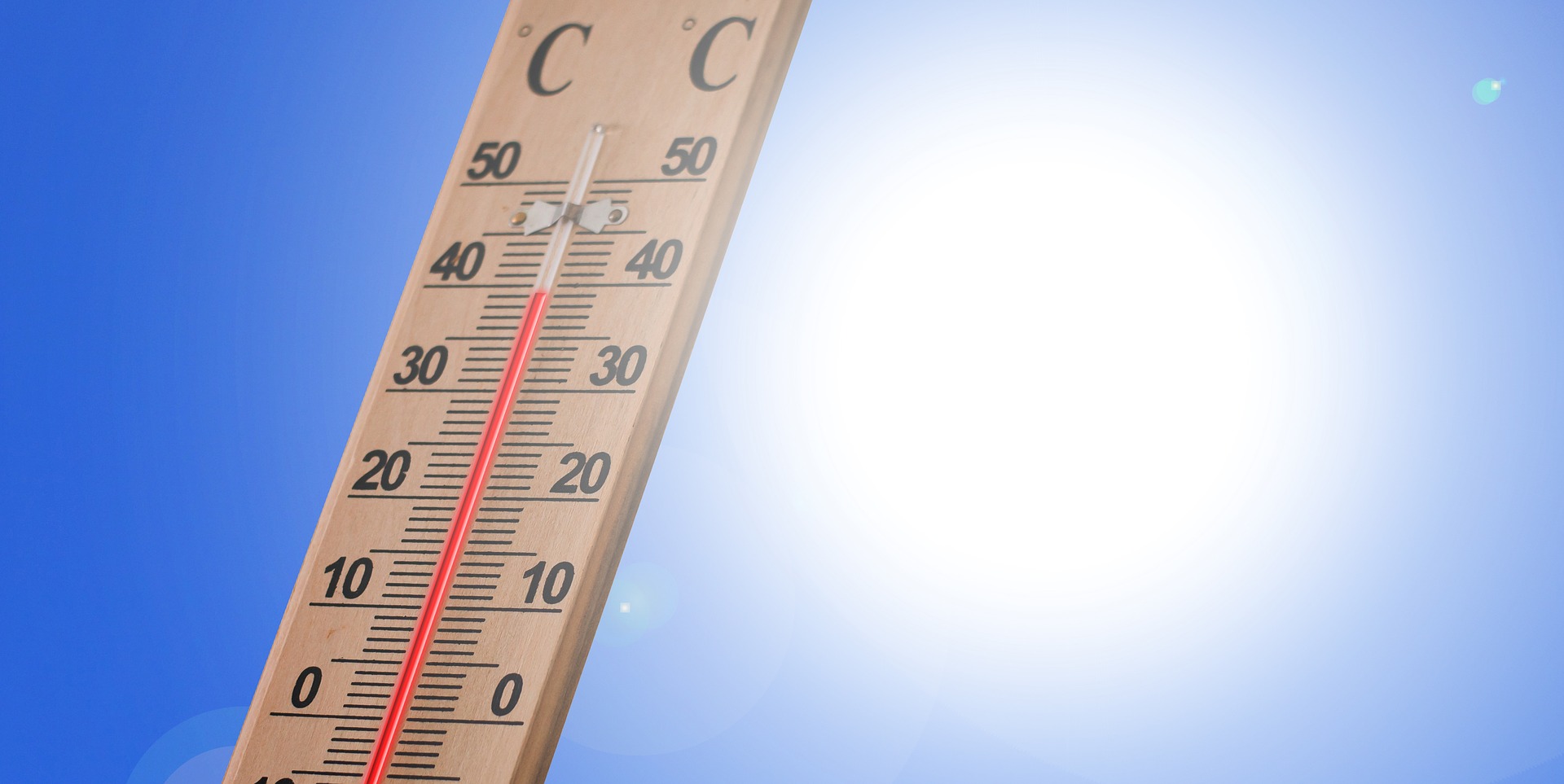
The Health unit recommends these tips to reduce your chance of heat-related illness:
• Drink plenty of cool liquids, especially water, before you feel thirsty to decrease your risk of dehydration. You may be dehydrated before you start feeling thirsty.
• Reschedule or plan outdoor activities during cooler parts of the day.
• Wear loose-fitting, light-coloured clothing made of breathable fabric.
• Never leave people or pets inside a parked vehicle or in direct sunlight.
• Take a break from the heat by spending a few hours in a cool place, such as a tree-shaded area or air-conditioned space.
• Take cool showers or baths until you feel refreshed.
• Prepare meals that don’t need to be cooked in your oven.
• Block sun out by closing curtains or blinds during the day.
• Avoid sun exposure. Shade yourself by wearing a wide-brimmed, breathable hat or using an umbrella.
Symptoms of heat illness include: Dizziness or fainting, nausea or vomiting, headaches, rapid breathing, and decreased urination with unusually dark yellow urine.
If you experience any of these systems during extreme heat, immediately move to a cool place and drink lots of water.